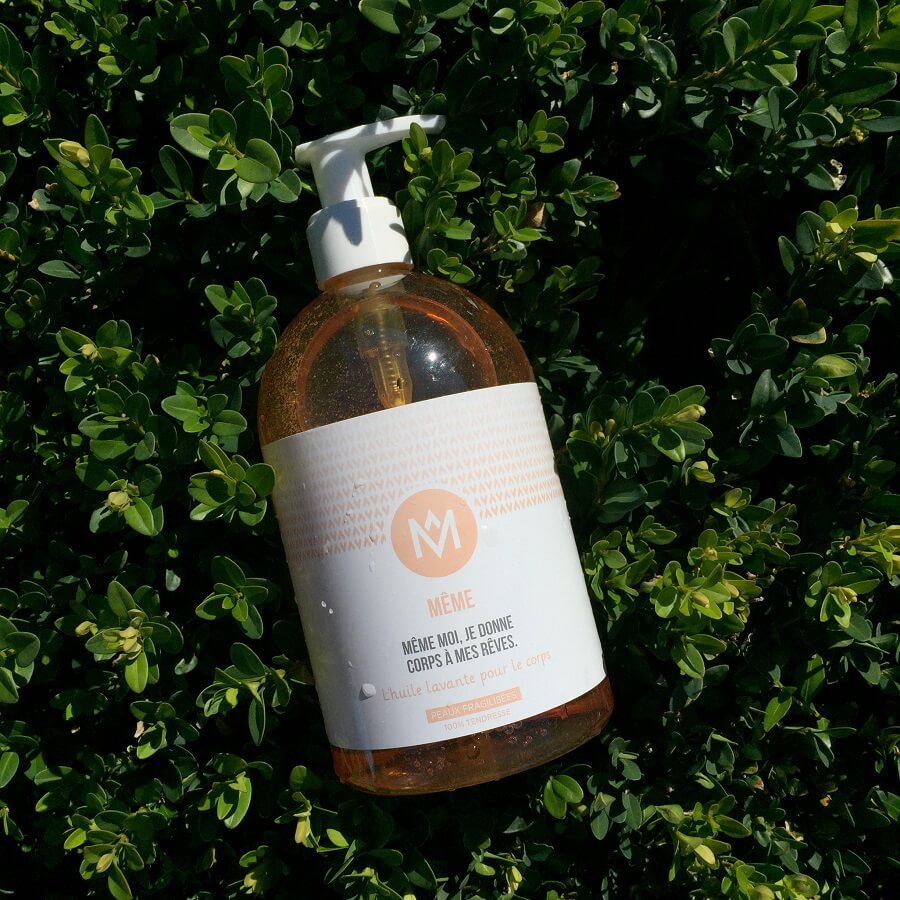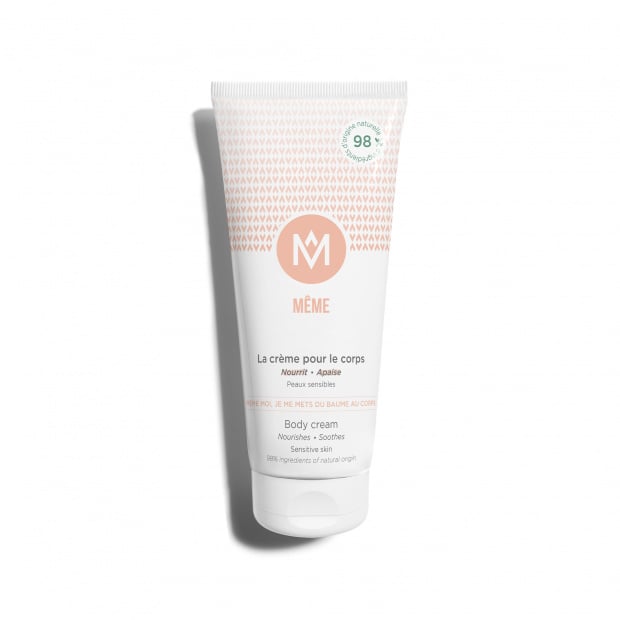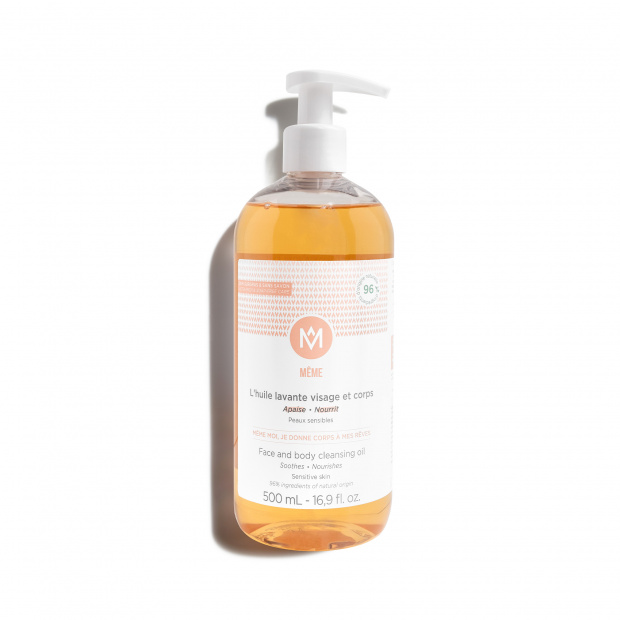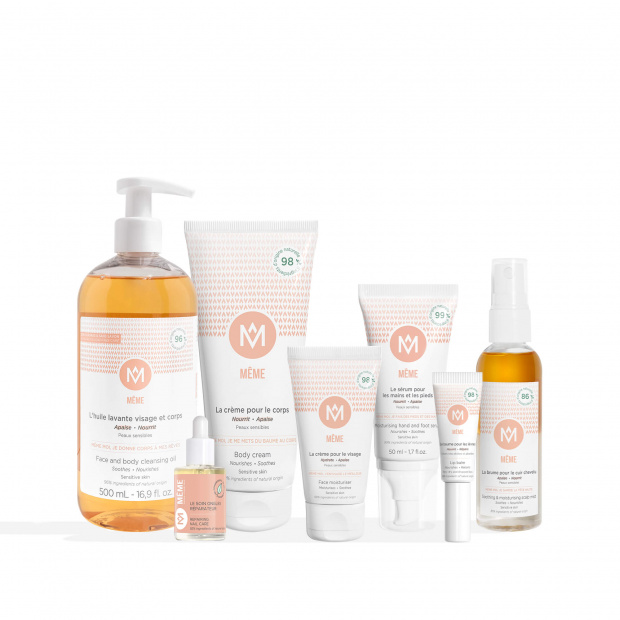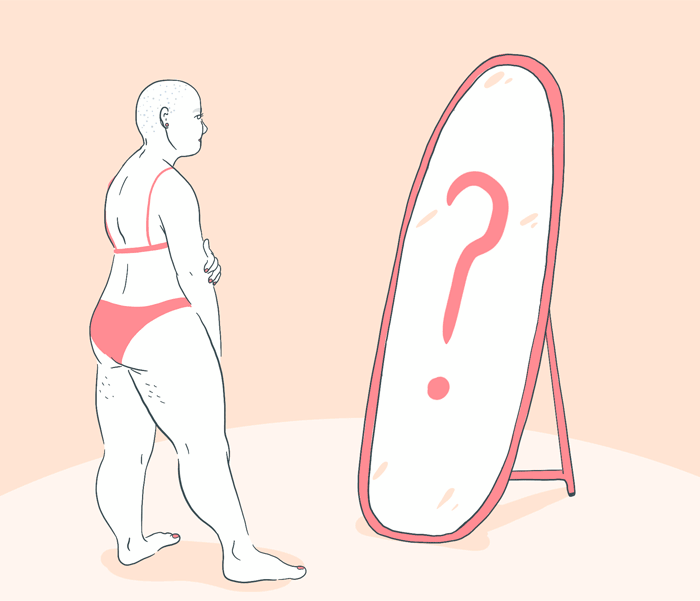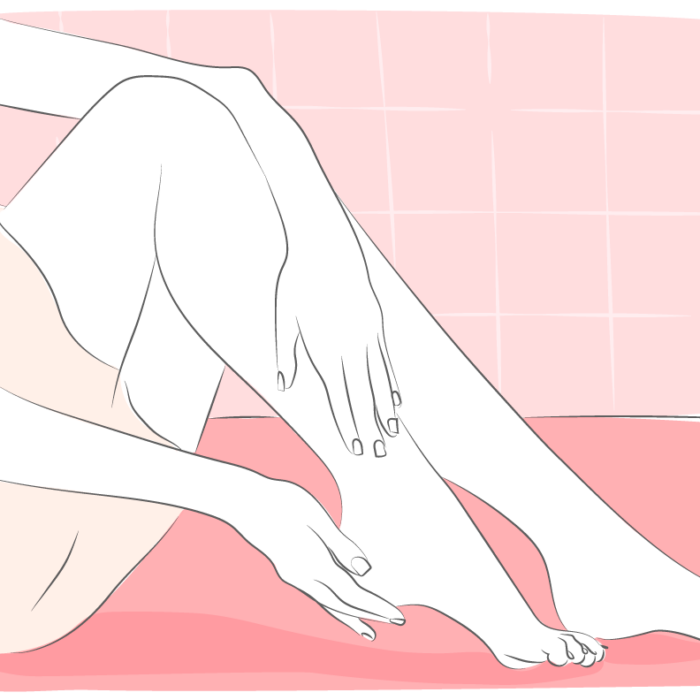Although it is sometimes difficult to talk about, vaginal dryness can be a (very) undesirable effect of your treatments.
We have conducted a little investigation for you: what exactly is it? How can we fight against the dryness of our intimate parts? What are the solutions to limit the discomfort in everyday life?
We tell you everything, without taboos!
1.Vaginal dryness: what exactly is it?
Yes, because apart from feeling that vaginal dryness is itchy and can cause small sores and pain, we rarely know what is going on in our bodies!
In fact, our vagina is made up of, among other things, small glands that secrete lubricating substances. These secretions are necessary to clean the vagina but also to moisturise it. They remove dead cells and help to moisturise the entrance to the vagina and the labia minora.
These secretions vary according to our menstrual cycle and our sexual activity.
When, for one reason or another, these secretions stop, the mucous membrane thins and retracts. This makes it much more fragile than when it is “functioning normally”.
What about the symptoms of all this? They can range from a slight feeling of discomfort to irritation and painful intercourse.
Also, the vaginal flora is damaged (the “good” bacteria do not survive without lubrication), and as a result, the risk of urinary and fungal infections is greater!
2. What causes vaginal dryness?
As mentioned, the secretions from the vaginal glands vary according to your menstrual cycle. Hormonal disturbances are often the cause of vaginal gland dysfunction. While we can all be subject to this, regardless of age, major hormonal disturbances such as menopause can worsen this dysfunction.
Cancer treatments, including chemotherapy, hormone therapy or radiotherapy to the perineal or ovarian areas, have toxic effects on your body and particularly your ovaries. As a result, they can cause an early menopause, or simply disrupt your hormones. Add to this the stress and fatigue caused by the disease, and you have a particularly breeding ground for intimate dryness.
Rest assured, we have found some solutions to fight against this undesirable side effect of the treatments!
3. Our solutions for vaginal dryness
First of all, pay attention to your personal hygiene!
Natural Shower Oil – MÊME, €18
Conventional shower gels are generally too aggressive on skin that is already fragile and dry. It is better to use a product adapted to intimate hygiene. Otherwise, check that the pH of your shower product is between 5 and 7 for it to be suitable for your intimacy. This is the case for our body cleansing oil! It’s soft and perfectly formulated, so you can use it for your intimate hygiene, which is good news, isn’t it?
Overly aggressive intimate hygiene can also lead to dryness: never clean the inside of your vagina, even with water! Intimate hygiene should only concern the external parts of your intimacy : the lips and the vulva.
What about feminine hygiene during menstruation?
You’ve probably heard it all before, but tampons, disposable pads and panty liners are not the best way to take care of yourself!
Disposable pads are largely made of plastic, so they can encourage the development of a breeding ground for vaginal dryness (and fungal infections, by the way).
Avoid wearing panty liners on a daily basis as much as possible! They are too absorbent and therefore drying. They should be avoided completely if you are already irritated by them.
Tampons can also dry out your vagina. In addition to absorbing blood loss, they absorb part of the vaginal flora and therefore disturb its balance.
So what do we do? Use a cup! And preferably choose one made of 100% medical silicone, without bleaching agents or perfume. Perfectly adapted to the shape of your vagina, and more hygienic and “safe” than disposable protection, the menstrual cup does not dry out your vagina! Plus, the cup is economical and ecological 😉
Then adapt your outfit!
When it comes to underwear, avoid synthetic fibres that can irritate you and opt for pretty, soft cotton panties that limit the risk of friction and irritation.
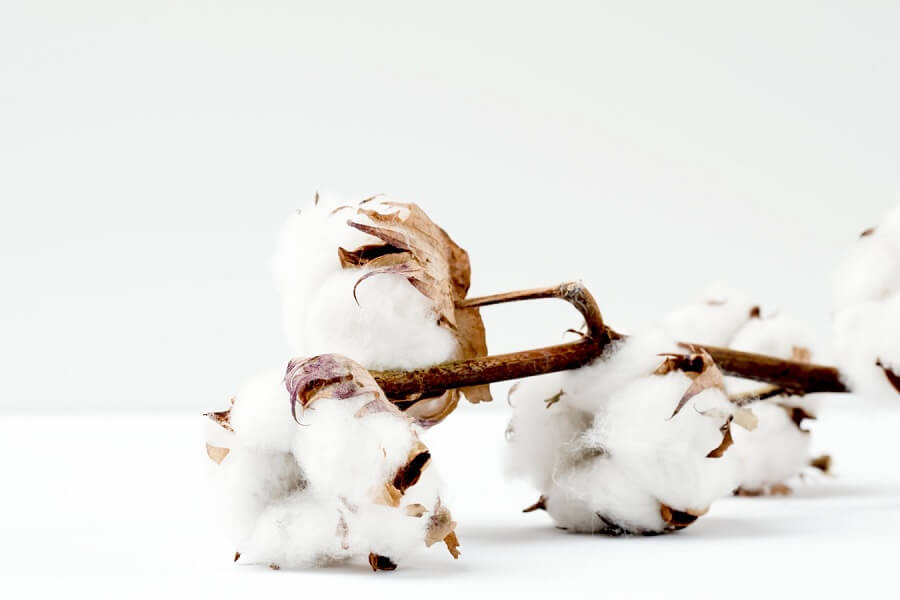
We also put away our slim jeans and our slightly tight trousers (we can let our body breathe a little!) and instead we take out wider, flowing trousers and our pretty skirts and dresses! The idea is to avoid rubbing in this area as much as possible so as not to aggravate dryness and irritation. And to still feel feminine in soft, flowing clothes 😊
Talk to your GP or oncologist to find solutions!
If the dryness is too uncomfortable or gets worse, or even if the dryness is just starting, talk to your medical team! Although some of us may feel embarrassed to bring up the subject, don’t! There are many treatments for vaginal dryness that can make your life easier. Talking about it with your oncologist can help you to find out together what is best for you according to your needs, your current treatments, and your habits!
Natural ingredients you can use to remedy this
After talking to your doctor, you can start using natural ingredients to help ease the discomfort of vaginal dryness and rehydrate your vagina.
Here are our favourites:
- Hypericum Oil: you can apply it externally and internally after the shower. Its antimicrobial, analgesic, nourishing and softening properties can work wonders! CAUTION: Hypericum Oil may not be recommended depending on your chemotherapy treatment. If you are undergoing chemotherapy, use Apricot Kernel Oil instead. Always ask your doctor about the compatibility of plant oils for your particular case.
- Apricot Kernel Oil: we are big fans of it (we also use it in some of our products dedicated to women undergoing cancer treatment) for its nourishing and softening properties. A real gentle gesture to take care of your intimacy.
- Turmeric: it is already known as a food you can eat to help fight against cancer! Its antibacterial properties make it a great ally in promoting vaginal secretions! We can only advise you to consume it regularly.
- Aloe vera gel: we love it so much <3 Applied externally, it immediately soothes itching and helps moisturise your skin! Another property of Aloe vera, as if we could love it even more 😉
- Chamomile: consumed as an infusion (comfort break guaranteed!), its anti-inflammatory and soothing properties can help fight feelings of discomfort and vaginal irritation.
Go and ask a pharmacy and/or organic shop to check that these products are suitable for you before using them.
4. What about sexuality?
Dryness can sometimes cause pain during sex. And beyond the physical discomfort, this can have a real psychological dimension: self-esteem can take a hit and these are not the subjects we prefer to talk about! So what do we do about it?
Well, talk about it!
This intimate discomfort can become a real headache in your relationship. Don’t let it become one! Talk about it with your partner and do so from the beginning of the discomfort so that it does not become a taboo. Not talking about it will be a source of stress and additional tension that will not help your vagina to return to normal activity!
And why not take the opportunity to find other sensual activities with your partner so that you both find your way around: this is an opportunity to be creative! 😉

Lubrication to make sex more comfortable
With intimate dryness, the vagina loses its natural lubrication. This makes sexual intercourse more difficult and can even become painful.
If the dryness is mild, a regular lubricant may be more than enough to avoid minor pain (but be careful with its composition, as with everything you use, you are used to it!)
And to promote the natural lubrication of your vagina, longer foreplay is always recommended. A little more for the road, darling, it’s RE-COM-MEN-DED 😉
And if that’s not enough, talk to your gynecologist and/or oncologist to find a solution tailored to your particular case.
Talk about it a bit more!
We told you it was important to discuss it 😉
We hope you can see things a bit more clearly ! Do you have any advice on the subject?


